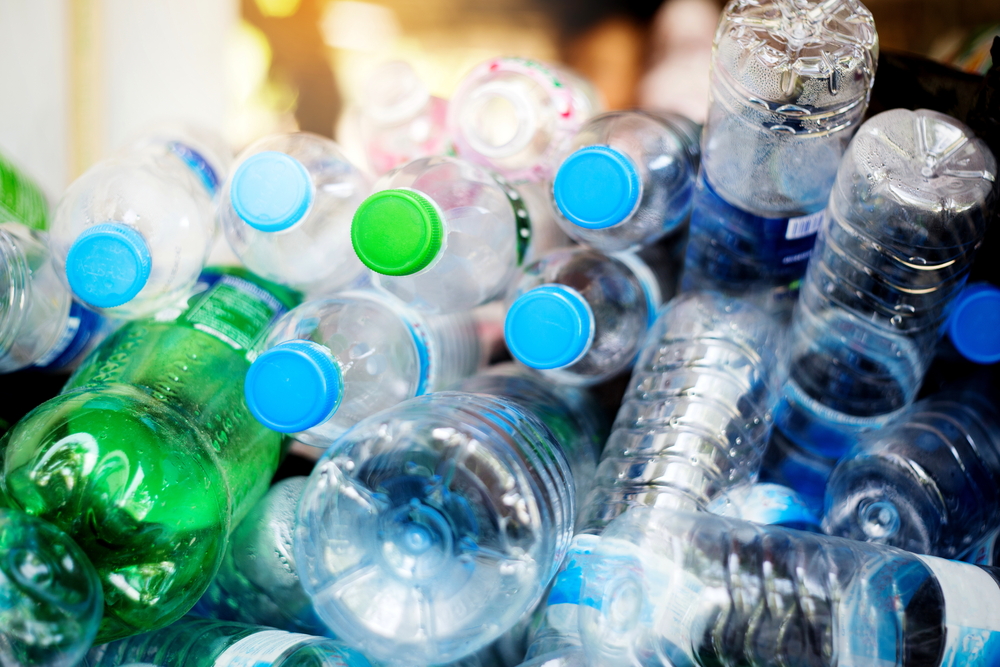The Joint Research Centre (JRC) study is on impacts of the collection and treatment of dry recyclables on behalf of the European Union.
It centres on the separation, collection and the management of dry recyclables in the EU-27.
The data collected by the JRC shows that dry recyclable collection schemes vary across member states, with many opting to use a co-mingled collection system.
Single-stream
According to the study, single stream collections should be avoided due to the “detrimental” environmental and economic costs.
It found that even when a single-stream collection system was accompanied by a deposit refund scheme (DRS) for selected material fractions such as glass bottles, metal cans and PET bottle, it still had the worst performance.
The body also highlighted in the study that single-stream collection of dry recyclables achieves the worst economic performance due to the reduction of secondary material recovery relative to systems with a higher degree of separation (or less commingling).
It therefore concluded that single- stream commingling is “not complaint” with the EU Waste Framework Directive.
Recommendations
The study recommends that three or four stream collections should therefore be implemented.
However selected dual stream systems where glass, metal and plastics are commingled, and paper and cardboard are collected in a separate stream or commingled with beverage cartons are also acceptable.
It also highlighted that there is insufficient evidence to favour four-stream systems over three-stream or dual-stream systems when paper and cardboard are segregated from other light dry recyclables.
The JRC suggested that some level of commingling can be deemed acceptable and even advisable to potentially reap benefits such as cost reduction, space optimisation and convenience.
However, this study did not evaluate those potential advantages.
Methodology
The research examined 65 recycling management approaches across the EU. It analysed both environmental and economic implications of each method through life cycle assessment and costing, encompassing the entire recycling process from initial collection to ultimate disposal or recovery.
To find out more about changes in the sector, visit the National Letsrecycle.com Conference on 6 June at QEII Centre in London. To book tickets to attend or for more information please click here.











Subscribe for free